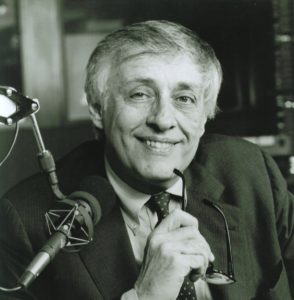Is The Mind A “Blank Slate?”
With Steven PinkerThe idea that it is – and that experience is the basic influence upon personality – was strongly argued by British philosopher John Locke. The contrary view is that much of what we are in intelligence, personality and character is set by genetics. The simpler version of the argument is “nature vs. nurture.” Steven Pinker, Professor of Psychology at Harvard, is on the nature side and rejects the causal primacy of experience. He lays it all out in a popular book that was published in 2002, namely, “The Blank Slate: the Modern Denial of Human Nature” which we discussed in this fascinating program.




